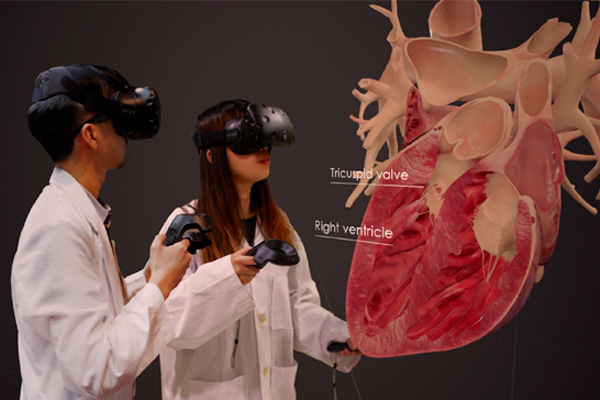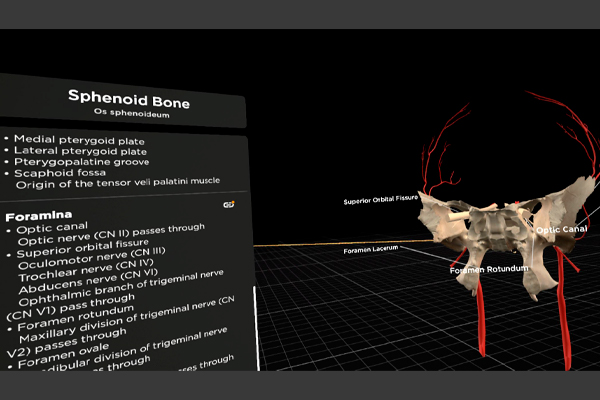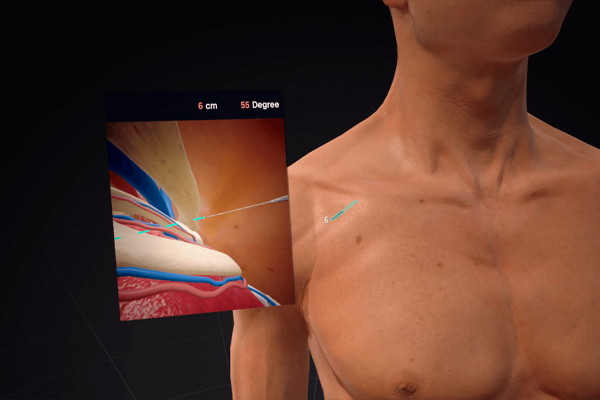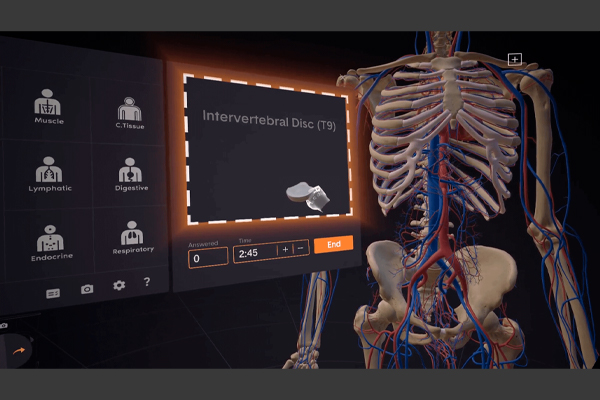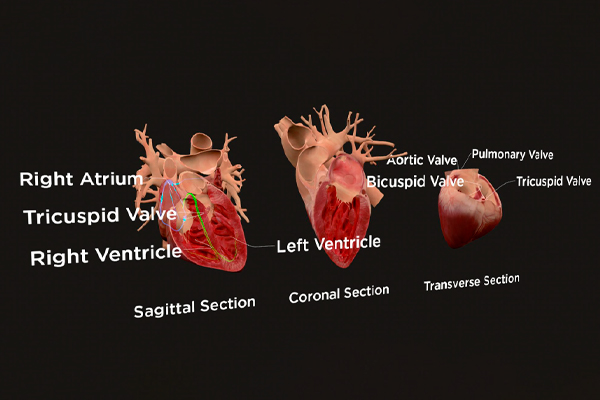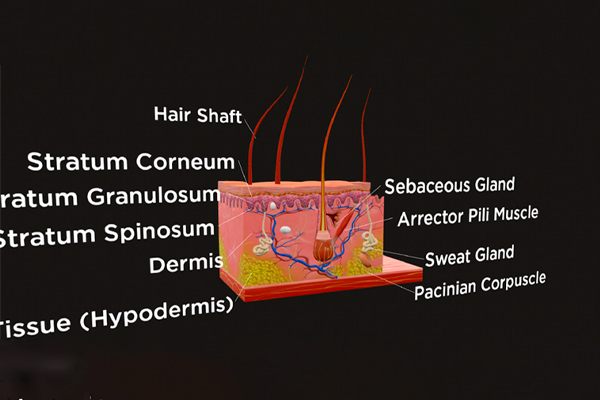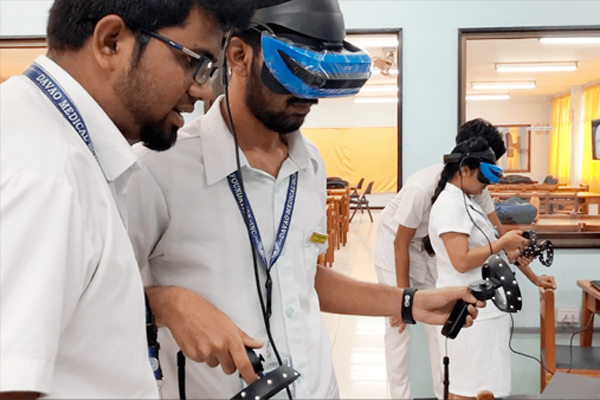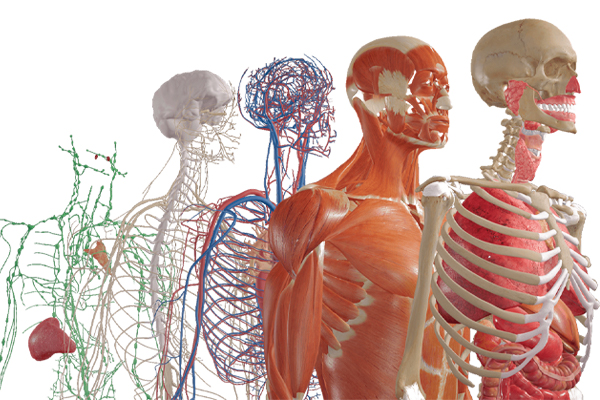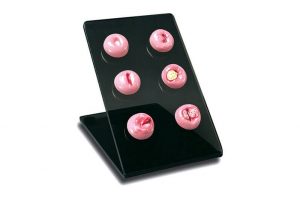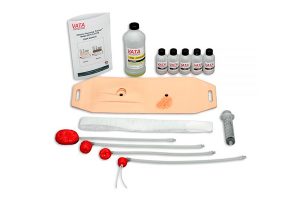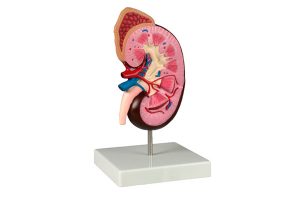CASES AND PATHOLOGIES
VR-LAB CONFIGURATION:
- Using BodyMap in a VR lab allows educators, students and residents to be simultaneously immersed in the virtual environment during dissection classes or clinical training sessions.
- While an educator demonstrates relevant content within BodyMap, students can virtually observe his actions. In this scenario, students can also individually learn anatomy material and practice simulation during or outside of classes.
- The virtual visualization increases student engagement rates and allows the “reuse” of virtual avatars on a regular basis.
- Hardware requirements: 1 Headset for the instructor + 1 Headset per student
LECTURES AND GROUP CLASSES:
- By connecting BodyMap to projectors or big screens during anatomy lectures or dissection classes, instructors can use the VR software as supplementary teaching material.
- This VR-based approach facilitates explanations of complex medical issues through simulated visualization and creates a more dynamic and engaging environment during classes.
- Furthermore, educators can use BodyMap for the purpose of online education.
- Hardware requirements: 1 Headset for the instructor
CHARACTERISTICS
MEDICAL ACCURACY:
- Medically accurate reconstruction of human body systems based on real MRI and CT scans for effective anatomy learning.
- Our strict data reconstruction and design methods set us apart and provide users with realistic visualizations of every detail of the human body.
COMPREHENSIVE CONTENT:
- BodyMap body systems include: skin, skeleton, muscle, connective tissue, circulatory, nervous, lymphatic, digestive, reproductive, urinary, endocrine, and respiratory.
- 3D organizational stratification and micro-structures are presented including a skin layered profile model, a kidney profile and a genital cavity model.
- The animated cardiac conduction system provides close-up views related to the closure frequency, structures of heart valves and fibrous skeleton allowing users to observe the conduction and cardiovascular physiology.
HAPTIC SIMULATION:
- Users may interact with the virtual body in numerous ways, including walking into the virtual body for a detailed inspection of internal organs, grabbing out anatomy structures for a closer look, and simulating instrument insertion techniques with instant haptic feedback.
- Haptic feedback can be felt in the controllers during virtual simulation, providing different intensities of “anti-force” during training simulations.
- Haptic simulation training for performing insertion, injection, and cutting techniques
INSTANT MAGNIFICATION:
- Instant magnification and visualization tools during simulation training, with depth and angle of instrument insertion, e.g., syringe, displayed in real time
- Anatomy flashcards provide users with additional anatomy content, and each card is divided into different sections depending on the system to which the anatomy
structure belongs.
- For example, when a particular muscle is selected, flashcard content is divided into sections including origin, insertion, function, innervation,
and blood supply.
- When a nerve is selected, information on the flashcard is sectioned into origin, course, and structures innervated.
MULTI-PLAYER AND INTERACTIVE
- Multi-player use with instant sharing of medical knowledge between instructors and students in real time.
- Users can choose to focus on any one of or all 7 anatomical regions including: head and neck, back and spinal cord, thorax, abdomen, pelvis and perineum,
upper limb, and lower limb. Selection of an anatomical region provides the user with a more localized map of that particular region.
- Real-time text display of anatomical structures is provided upon controller laser pointing to a specific area of interest.
FULLY CUSTOMIZABLE:
- Contact us for any requests you may have for customization of BodyMap features.
- Examples of solutions we can provide include the design of different surgical tools for simulation of cutting actions, building of step-by-step instructions for procedures such as central venous catheterization (CVC), and creation of custom anatomy content or quizzes.
INCLUDE
- 1 Oculus Quest 2 VR system
- 1 Headset
- 2 Controllers
- 1 Power supply+cable
- 6 BodyMap Licenses
- 3 years software upgrades
- 1 Transport case
- 1 Instructions manual
For other configurations and license number, please, get in touch directly with us.
Description
BodyMap is a medically accurate representation of the human body that can be manipulated in 3D virtual reality.
Develop more effective teaching methods and improve curriculum based on student quiz feedback. Increase student engagement and interaction through instant and shared viewing. Design visually appealing lectures using screenshots or animations captured from our application.

